detail profile guilherme falc c3 a3o azevedo

Info Pribadi
Peran Yang Di Mainkan Guilherme Falcão Azevedo
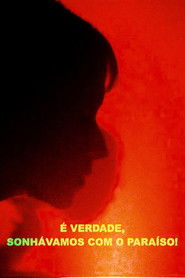 Cinema is here presented as a...
Cinema is here presented as a...And Still, We Dreamt of Paradise! 2024
Cinema is here presented as a kind of dance without music, and its performers are also the creators of the spectacle. How to deal with organisation and bureaucracy, many times oppressive, some dispersive? And what is the gaze afterall?
 We follow the catechesis sessions of...
We follow the catechesis sessions of...Catechism 2023
We follow the catechesis sessions of the 4th grade children from the Parish of Santo António de Moscavide. They reflect and learn about the Catholic religion. Some of them, however, are also preparing for an important moment: the First Communion. We observe their preparations for this celebration, and try to understand their perspective and that of their classmates regarding this new stage of their religious lives.
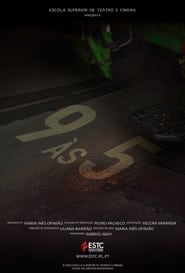 At night the city breaks up...
At night the city breaks up...9 to 5 2023
At night, the city breaks up into quiet and hustle and a magnificent yet deafening garbage truck disturbs it. It takes away dinner leftovers and everything else forgotten in the fridge, it takes away tokens belonging to past lives - lived either together or apart. In the truck, it all gets crumpled and broken up.
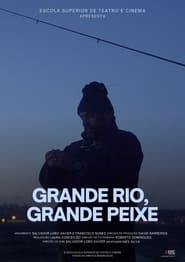 A fisherman arrives at the beach...
A fisherman arrives at the beach...Big River, Big Fish 2023
A fisherman arrives at the beach, he comes alone. Other fishermen appear, they also arrive alone. They look at each other, they are dispersed on the beach, with the lines of the reeds in the sea, which united them in that place. In this documentary, we follow the arrivals and departures of different fishermen from Praia do Segundo Torrão, in Trafaria. We see the setting of the rods, the placement of the bait, and the launches. José António and Fernando are friends and know that beach well. We see and hear the different interactions between the fishermen, the greetings, the sharing. The beach is filled with gentlemen and fishing rods. We wait for the fish with the fishermen. We contemplate the sea.
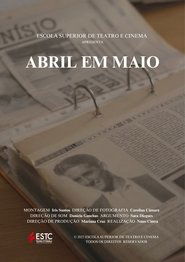 At Casa da Achada we find...
At Casa da Achada we find...April in May 2023
At Casa da Achada we find a community of people from different contexts that gather daily to celebrate the art and the memory of Mário Dionísio. Here there are those who do the laundry, those who write and read verses, those who sing in the house, those who watch movies and see culture as a way to think and transform life.
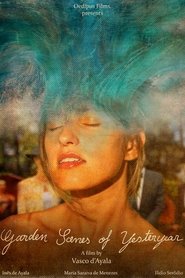 The melancholy of the young daughter...
The melancholy of the young daughter...